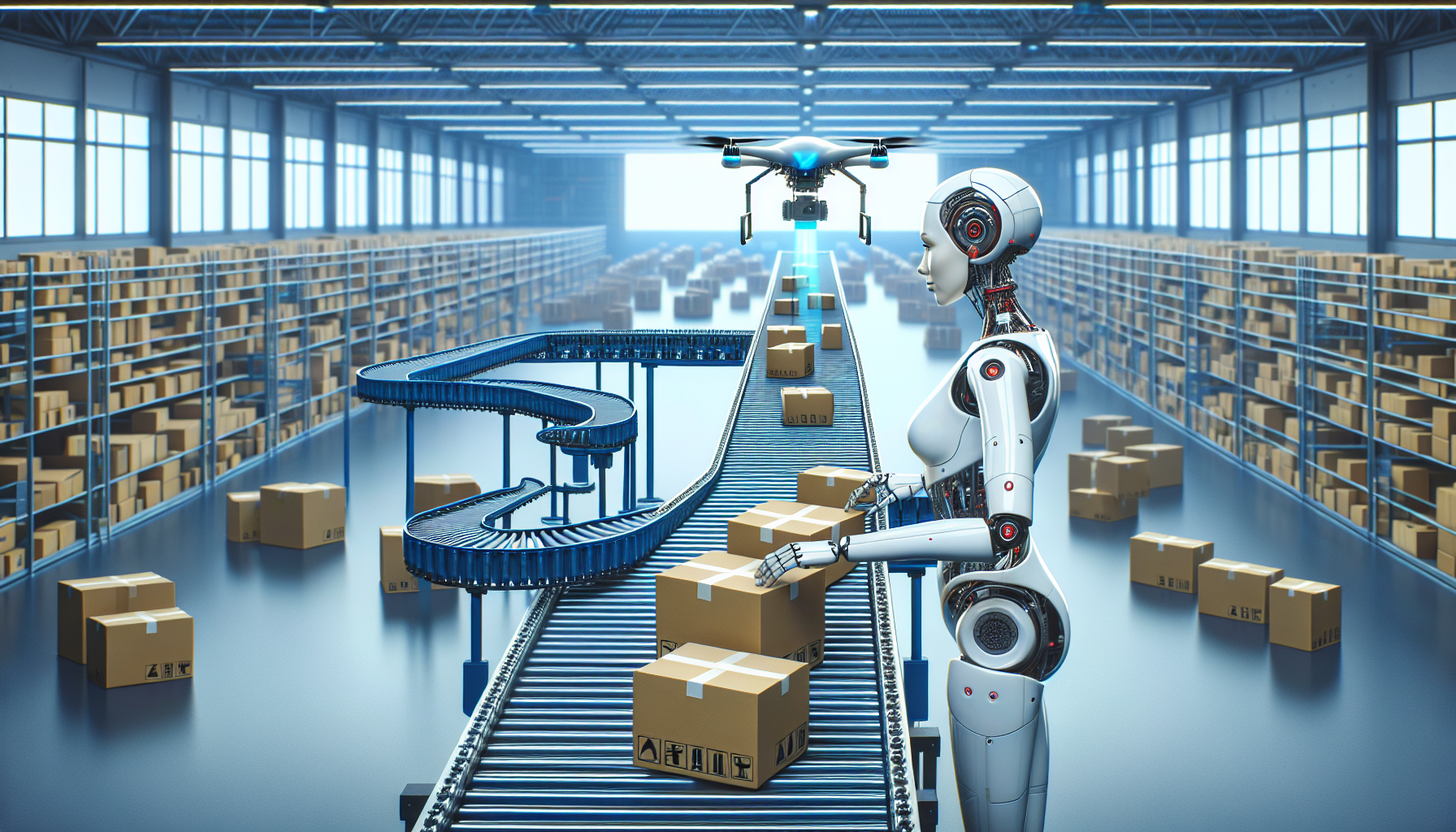The Impact of Automation on eCommerce Fulfillment Processes
The Rise of Automation in eCommerce
In recent years, the eCommerce landscape has witnessed a transformative shift with the increasing integration of automation technologies. From robotic process automation (RPA) to artificial intelligence (AI) and machine learning, these technologies have begun reshaping fulfillment processes in ways that enhance efficiency, accuracy, and customer satisfaction. The demand for swift and reliable fulfillment due to the explosion of online shopping has necessitated a reevaluation of traditional methods, pushing companies to adopt innovative solutions.
Streamlining Order Management Systems
One of the primary facets of eCommerce fulfillment impacted by automation is order management systems (OMS). These systems integrate various operations, including receiving orders, tracking inventory, and processing shipments. Automated OMS reduce the potential for human errors, maintaining heightened accuracy in order processing. Enhanced integration with sales platforms allows for real-time updates on stock levels, ensuring that customers have an accurate understanding of product availability.
Inventory Management and Forecasting
Effective inventory management is crucial for the success of eCommerce retailers. Automation technologies, like AI algorithms, analyze historical sales data to forecast future demand accurately. This predictive analysis optimizes inventory levels, reducing the chances of stockouts or overstock situations. Advanced inventory management systems equipped with automation can automatically reorder stock based on predetermined thresholds, leading to more efficient use of warehouse space and resources.
Robotics and Automated Warehousing
The physical aspect of fulfillment has also become increasingly automated with the proliferation of robotics in warehouses. Automated guided vehicles (AGVs) transport goods within fulfillment centers, enhancing speed and efficiency. Robots can quickly and accurately pick items, significantly reducing the time it takes to fulfill an order. This technology minimizes the need for manual labor, allowing human workers to focus on more complex tasks that require critical thinking and decision-making.
Amazon has been a pioneer in utilizing robotic technology for its warehouse operations, showcasing how automation can lead to expedited order processing times. As a result, customers experience faster shipping, often within same-day or next-day delivery windows.
Enhancing Picking and Packing Processes
The picking and packing stages of eCommerce fulfillment can be drastically improved through automation. Automated picking systems, such as robotic arms, can locate and retrieve items from shelves with remarkable speed. These systems utilize computer vision technologies to identify products accurately, reducing the number of errors typically associated with manual picking.
In parallel, automated packing machines can adjust box sizes according to the dimensions of the items being shipped. This intelligent packing reduces shipping costs and minimizes product movement during transit, resulting in lower damage rates. Companies like Ocado have demonstrated that these automated solutions can lead to significant time savings and improved operational efficiency.
Shipping Logistics and Route Optimization
Shipping logistics represent a complex challenge for eCommerce businesses. Automated solutions can optimize routing for delivery vehicles, decreasing transit times and fuel costs. AI-driven route optimization tools consider factors like traffic patterns, weather conditions, and delivery windows to establish the most efficient paths.
Moreover, shipping automation can enhance tracking and notifications for customers. Automated shipping updates through SMS or email keep customers informed about their order status in real-time, fostering a greater sense of transparency and customer engagement. This level of communication builds trust and encourages repeat business.
Enhanced Data Analytics and Insights
Data analytics play a pivotal role in modern eCommerce, and automation has enabled businesses to harness data with unprecedented efficiency. Automated analytics tools collect and process vast amounts of information regarding consumer behavior, order history, and inventory levels in real-time. This data helps businesses make informed decisions regarding pricing strategies, promotions, and product placements.
Moreover, AI-driven insights can identify trends over time, helping merchants adapt to changing consumer preferences. Understanding these patterns empowers retailers to be proactive rather than reactive, ultimately leading to a better customer experience.
Customer Service Transformation
Customer service in eCommerce can also benefit greatly from automation. Chatbots powered by AI handle customer inquiries swiftly, providing immediate responses to questions about orders, shipping, or product details. This 24/7 availability enhances customer satisfaction, freeing human agents to focus on more complex concerns.
Additionally, automated customer feedback systems encourage consumers to leave reviews and ratings post-purchase. Analyzing this feedback can provide businesses with valuable insights into pain points and areas for improvement within their fulfillment process.
Challenges and Considerations
Despite the clear benefits of automation in eCommerce fulfillment, challenges still exist. High initial investment costs can be a barrier for some businesses, particularly smaller retailers. Ensuring that staff are trained to work alongside automated systems is another critical consideration. Organizations need to invest in upskilling their workforce to take full advantage of these technologies’ capabilities.
Furthermore, cybersecurity risks associated with automation require attention. As more processes become digitized, the potential for data breaches increases. Ensuring robust security measures are in place is vital to protect sensitive consumer and company data.
The Future of Fulfillment Automation
Looking ahead, the evolution of automation in eCommerce fulfillment is likely to continue accelerating. Emerging technologies such as drone delivery and autonomous vehicles may soon alter traditional transportation and shipping modalities. Additionally, the advent of fully automated fulfillment centers may redefine what it means to be efficient in eCommerce.
The seamless integration of various automation technologies creates opportunities for retailers to optimize every aspect of their fulfillment processes, fostering increased competitiveness in an ever-crowded online marketplace. Successful businesses will be those that skillfully balance automation with human oversight, ensuring a refined, customer-centric approach to eCommerce fulfillment.
Conclusion
By recognizing the numerous benefits and challenges that automation presents, eCommerce businesses can strategically implement these technologies to vastly improve fulfillment processes. Enhanced speed, accuracy, and customer satisfaction are just a few of the advantages that await retailers willing to embrace the future of automation in their operations. With the right strategies, the impact of automation on eCommerce fulfillment can be profound, setting the stage for continued growth in the industry.


